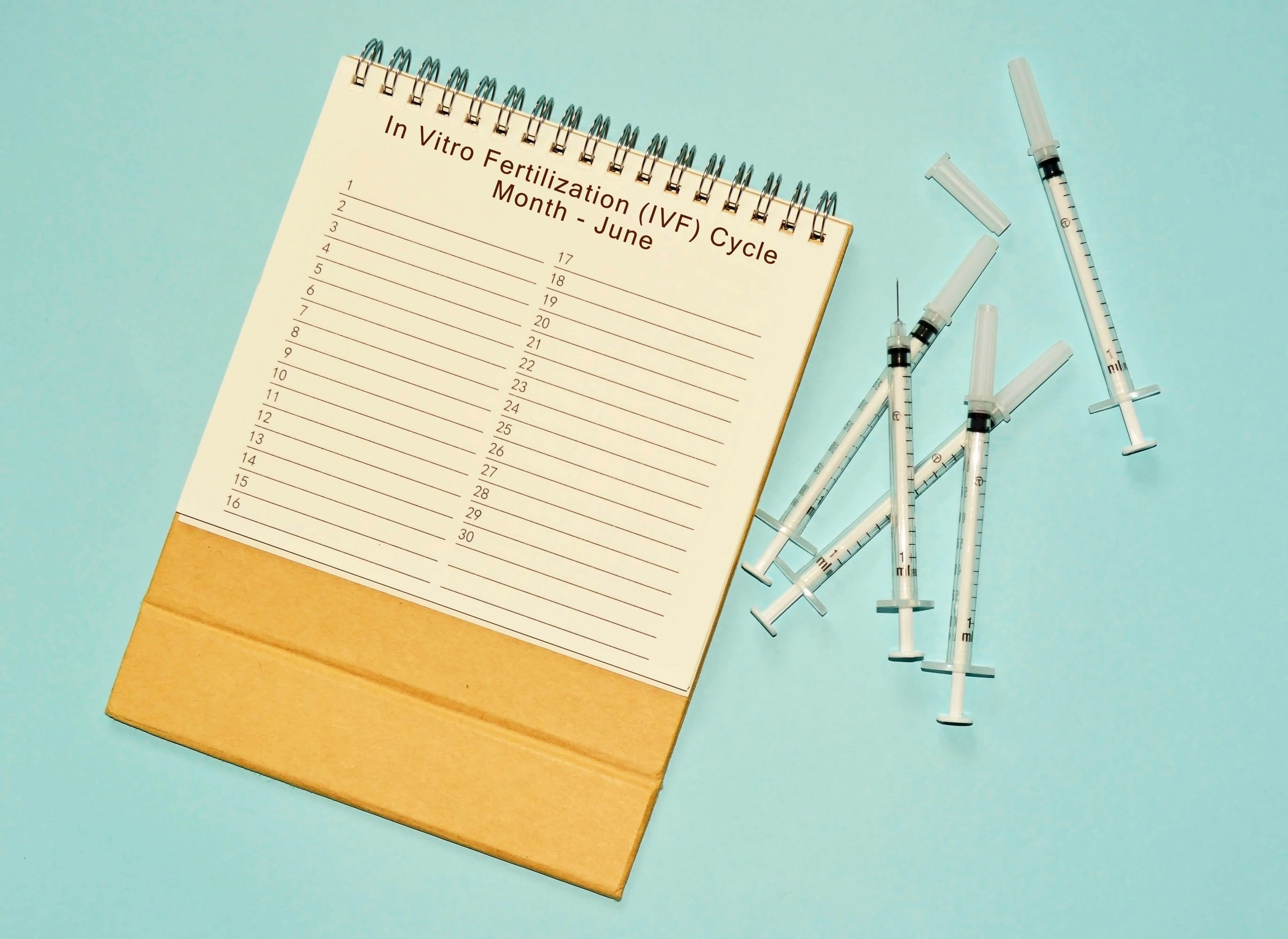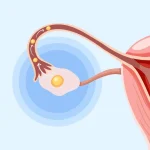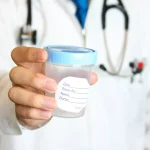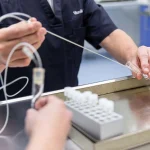IVF Injections: Common Side Effects and How to Manage Them
If you’re preparing for in vitro fertilization (IVF), you may already know that IVF injections play a vital role in stimulating the ovaries and helping eggs mature. However, one of the most common concerns patients have is, “What are the side effects of IVF injections?”
These medications are essential for a successful cycle, but they can sometimes cause physical and emotional changes due to hormone fluctuations. The good news is that most side effects are temporary, mild, and manageable, and understanding what to expect can make the entire process less stressful.
This guide explores the most common side effects of IVF injections, why they happen, and how to manage them effectively during your fertility journey.
Understanding IVF Injections

During IVF, a series of fertility medications is used to regulate hormone levels and control egg development. These medications help your doctor retrieve multiple mature eggs during one cycle, increasing the chances of fertilization and embryo success.
The injections typically fall into three categories:
- Ovarian stimulation drugs such as Follistim, Gonal-F, or Menopur, which stimulate the ovaries to produce multiple eggs.
- GnRH agonists or antagonists like Lupron or Cetrotide, which prevent premature ovulation.
- Trigger shots such as hCG or Lupron, which help eggs complete their final stage of maturity before retrieval.
Each type of injection affects hormone levels differently, which is why side effects can vary from person to person.
Common Physical Side Effects of IVF Injections
1. Mild Bloating and Abdominal Discomfort
Many women experience bloating or a feeling of heaviness in the lower abdomen as the ovaries enlarge during stimulation. This happens because multiple follicles are developing at once.
How to manage it:
- Drink plenty of fluids to reduce water retention.
- Avoid overly salty foods.
- Wear loose, comfortable clothing.
- Gentle movement, like walking, can help with circulation.
This bloating usually subsides after the egg retrieval procedure.
2. Injection Site Reactions
Mild bruising, redness, or tenderness at the injection site is common. This happens because IVF medications are injected under the skin (subcutaneously) or into the muscle.
How to manage it:
- Rotate injection sites daily (abdomen, thigh, or upper arm).
- Apply a cool compress before and after the injection.
- Use a fine needle and inject slowly to minimize irritation.
These reactions are usually mild and temporary.
3. Headaches and Fatigue
Hormonal changes can cause headaches or general tiredness, especially during the ovarian stimulation phase. The rise in estrogen levels can trigger these symptoms, but they typically ease after egg retrieval.
How to manage it:
- Stay hydrated throughout the day.
- Get enough sleep and rest.
- Avoid excessive caffeine or alcohol.
- Gentle yoga or deep breathing can help ease tension.
If headaches become persistent or severe, consult your doctor for safe medication options.
4. Mood Swings and Emotional Sensitivity
Hormonal shifts during IVF can affect neurotransmitters in the brain, leading to mood swings, irritability, or emotional ups and downs. This is one of the most commonly reported effects of IVF medications.
How to manage it:
- Acknowledge that mood changes are a normal part of the process.
- Seek emotional support from loved ones or join a fertility support group.
- Practice mindfulness or meditation.
- Light exercise can also improve mood and reduce stress.
Remember that emotional fluctuations are temporary and don’t mean you’re “not coping well.” They’re simply a response to changing hormone levels.
5. Breast Tenderness and Swelling
High estrogen levels from stimulation drugs can cause mild breast tenderness, fullness, or sensitivity, similar to premenstrual symptoms.
How to manage it:
- Wear a supportive bra.
- Avoid caffeine, which can increase breast soreness.
- Apply warm or cool compresses for relief.
This typically resolves once hormone levels normalize after the retrieval phase.
6. Mild Nausea and Dizziness
Some medications, especially those affecting estrogen levels, can lead to nausea or lightheadedness. The body is adjusting to rapid hormonal changes, which can affect digestion and blood sugar balance.
How to manage it:
- Eat smaller, more frequent meals.
- Avoid greasy or spicy foods.
- Stay hydrated and rest after injections.
If nausea becomes severe, contact your fertility team.
7. Ovarian Hyperstimulation Syndrome (OHSS)
A rare but more serious side effect of IVF injections is Ovarian Hyperstimulation Syndrome (OHSS). It occurs when the ovaries respond too strongly to stimulation drugs, producing an excessive number of follicles and fluid buildup.
Symptoms may include:
- Severe abdominal bloating
- Sudden weight gain
- Nausea or vomiting
- Shortness of breath
OHSS can range from mild to severe and occurs in about 1–5% of IVF cycles. Most mild cases resolve on their own, but severe ones may require medical attention.
How to reduce risk:
- Regular monitoring through ultrasounds and blood tests
- Adjusting medication dosage if necessary
- Following your doctor’s hydration and diet recommendations
Your IVF team will closely track your response to minimize this risk.
Emotional Side Effects of IVF Injections
Aside from physical changes, the IVF process can also bring emotional challenges. The combination of hormonal shifts, daily injections, and the uncertainty of outcomes can cause stress or anxiety.
Common emotional effects include:
- Increased irritability or mood swings
- Anxiety before appointments or test results
- Temporary sadness or frustration
To cope, try to:
- Keep a daily journal or track your feelings.
- Talk openly with your partner or counselor.
- Take breaks from fertility-related discussions when needed.
- Focus on self-care through rest, hobbies, and gentle exercise.
It’s important to remember that these feelings are valid and often part of the process. Support from professionals and loved ones can make a big difference.
When to Contact Your Doctor?

Most side effects of IVF injections are mild and short-lived. However, you should call your fertility clinic immediately if you experience:
- Severe abdominal pain or rapid bloating
- Shortness of breath
- Persistent vomiting
- Fever or chills
- Heavy bleeding
These could indicate OHSS or another medical issue requiring attention. Early communication ensures prompt care and keeps your cycle on track.
Final Thoughts
While IVF injections can cause side effects, most are manageable, temporary, and a normal part of the treatment process. Every patient responds differently, and fertility specialists closely monitor your health to ensure your safety throughout.
Knowing what to expect helps you feel more in control and less anxious. Remember that the short-term discomfort often leads to the long-term reward of growing your family.
At The Bridge Clinic, we provide comprehensive support throughout every stage of IVF from medication guidance to emotional care. Our team ensures your comfort, safety, and confidence during each phase of treatment.
Get in touch with The Bridge Clinic today to schedule a consultation and learn more about how our specialists can make your IVF journey smoother and more successful.
Follow us on our social media channels below:
Explore our related articles below:








